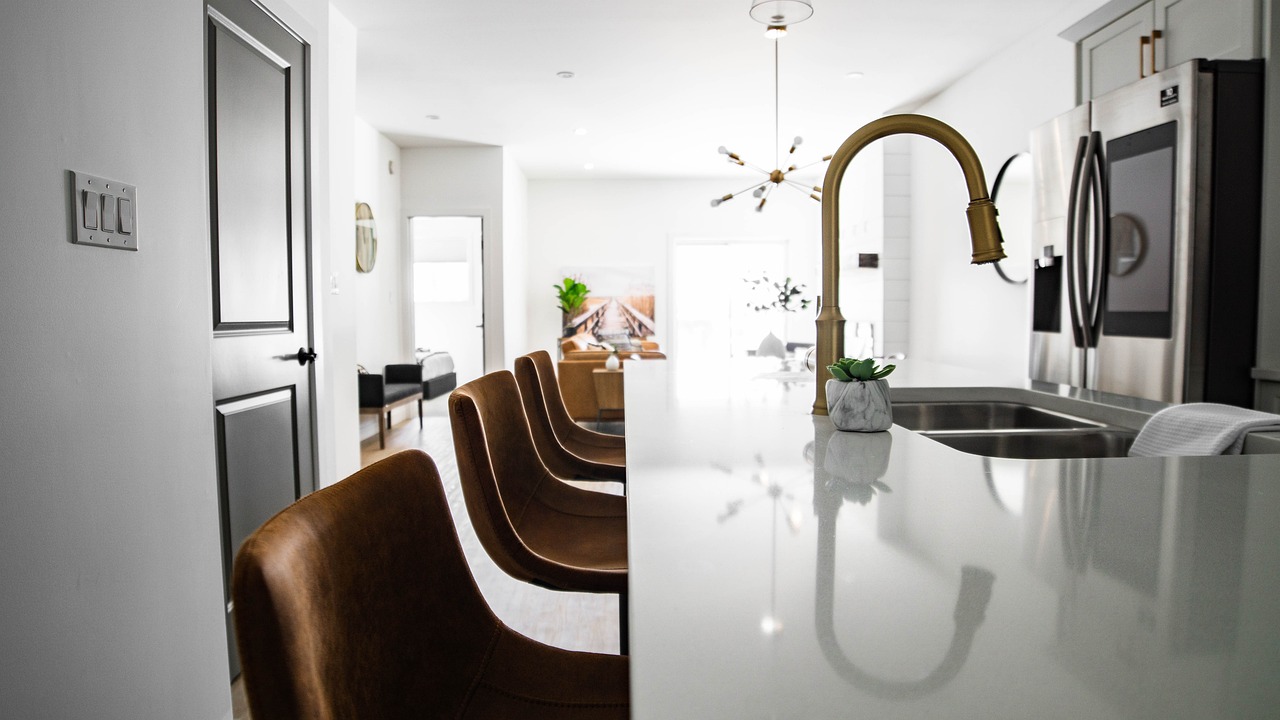Why It’s Important to Have a Signed Buyer’s Agreement Before Viewing Homes

In today’s real estate world, buying a home is more than just browsing listings and scheduling showings. It’s a major financial decision that requires trust, guidance, and a clear understanding between you and your real estate agent. That’s where a Buyer’s Representation Agreement comes in—and why it’s so important to have it signed before viewing homes.
Here’s why this agreement benefits both you and your agent, and how it helps create a smoother, more professional home-buying experience.
1. It Establishes a Clear Working Relationship
The Buyer’s Agreement is like a handshake in writing. It confirms that you’re working with a specific agent who’s committed to helping you through the process. In return, you agree to work exclusively with them for a set period of time. This mutual commitment ensures everyone is on the same page from the beginning.
2. You Get a Higher Level of Service
Once the agreement is signed, your agent becomes your fiduciary—which means they’re legally bound to act in your best interest. They can now:
-
Give you professional advice
-
Represent you during negotiations
-
Help you evaluate pricing, terms, and risks
-
Advocate for you with full transparency
Without this agreement, an agent is limited in what they can do, since they don’t have an official relationship with you.
3. It Shows You’re a Serious Buyer
Agents often spend hours preparing for showings, researching properties, and coordinating schedules. When you sign a Buyer’s Agreement, it tells your agent you’re genuinely ready to buy—not just browsing. This helps them invest their time, energy, and resources more effectively to help you find the right home.
4. It Protects You Legally and Logistically
Real estate transactions come with legal obligations, contract deadlines, and financial risks. Having a signed agreement ensures you’re represented every step of the way. Your agent can guide you through:
-
Property disclosures
-
Inspection results
-
Financing timelines
-
Contract negotiations
Without that signed agreement, you may not have the protection or support you need in crucial moments.
5. It Prevents Miscommunication or Conflicts Later On
In some cases, buyers work with multiple agents without realizing that doing so can create confusion or even legal issues. A signed agreement keeps things simple: one dedicated agent, one clear relationship, no misunderstandings.
Final Thoughts
At first glance, a Buyer’s Agreement might seem like a formality—but it’s much more than that. It’s a foundational document that sets the tone for a successful partnership between you and your real estate agent. It gives you the peace of mind that someone is fully committed to helping you find the right home, while also giving your agent the clarity and trust needed to serve you at the highest level.
If you’re ready to start viewing homes seriously, it’s the perfect time to sign a Buyer’s Agreement and take the next step with confidence.
Why Staging Your Home Is Important When Selling

When it comes to selling your home, first impressions matter. In a competitive real estate market, staging your home can be the difference between a quick sale at top dollar and a listing that lingers with repeated price reductions. Home staging isn’t just about making a property look nice—it’s a strategic move to help buyers envision themselves living there. Here’s why it matters.
1. Buyers Shop With Emotion
Most buyers aren’t just looking at a house—they’re imagining a home. Staging creates a warm, inviting atmosphere that helps people emotionally connect with the space. When a buyer walks into a well-staged home, they’re more likely to imagine their own life there. That emotional connection can translate into faster offers and better prices.
2. Highlights Your Home’s Best Features
Professional staging helps draw attention to your home’s strengths while downplaying any potential flaws. Clever furniture placement can make rooms appear more spacious, lighting can brighten dark corners, and decor can highlight architectural details. The right staging accentuates what makes your home unique.
3. Helps Your Home Stand Out Online
Most buyers begin their home search online, scrolling through dozens of listings. A staged home photographs better than an empty or cluttered one, making it more likely to catch a buyer’s eye in a sea of listings. Crisp, clean, and thoughtfully arranged spaces can make your online listing more appealing—and drive more in-person visits.
4. Maximizes Perceived Value
Buyers often struggle to see past empty rooms or dated furniture. Staging helps them visualize how spaces can function and flow, which can make the home feel more valuable. In fact, according to the National Association of Realtors (NAR), staged homes typically sell for 1% to 5% more than comparable unstaged homes.
5. Minimizes Time on the Market
A home that shows well is more likely to sell quickly. The longer a property sits on the market, the more likely buyers are to think something is wrong with it. Staging reduces that risk by making a powerful first impression that can encourage swift, competitive offers.
6. It’s Often Cheaper Than the First Price Reduction
Many sellers hesitate to stage because of the upfront cost. However, staging is often far less expensive than the first price reduction on an unstaged home. Consider it an investment—one that can pay off significantly in terms of both time and sale price.
Final Thoughts
Selling your home is a big decision, and making it stand out in a crowded market is crucial. Staging turns your property from “just another listing” into a place buyers can’t wait to call home. Whether you hire a professional or tackle the job yourself, the benefits are clear: staged homes sell faster, for more money, and with fewer headaches.
If you’re preparing to sell, don’t skip this step—stage your home to sell smarter.


 Facebook
Facebook
 X
X
 Pinterest
Pinterest
 Copy Link
Copy Link

